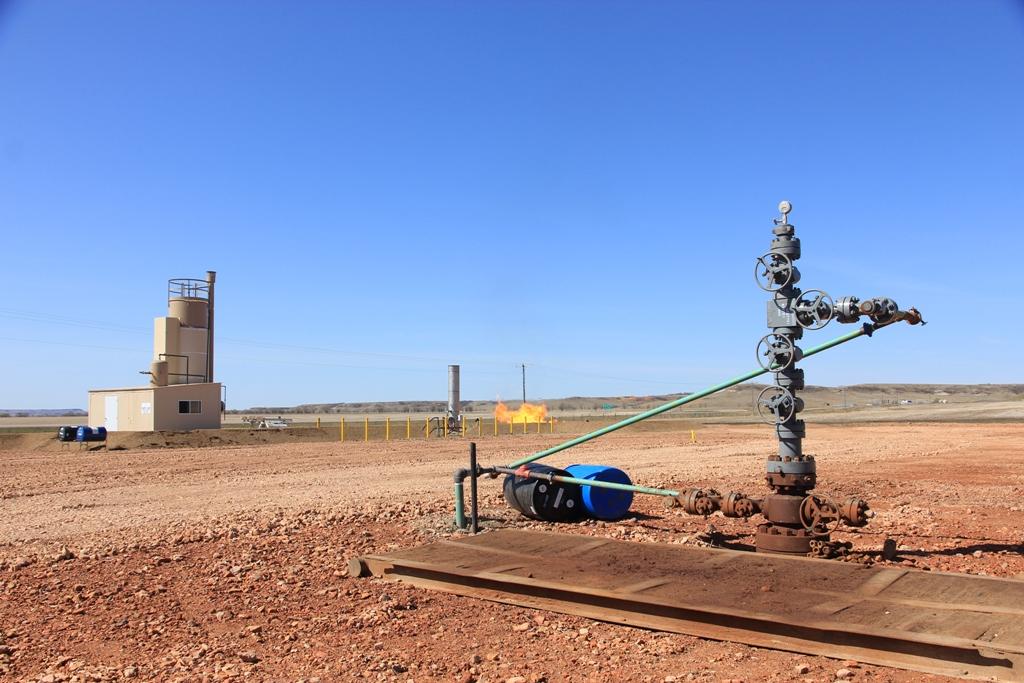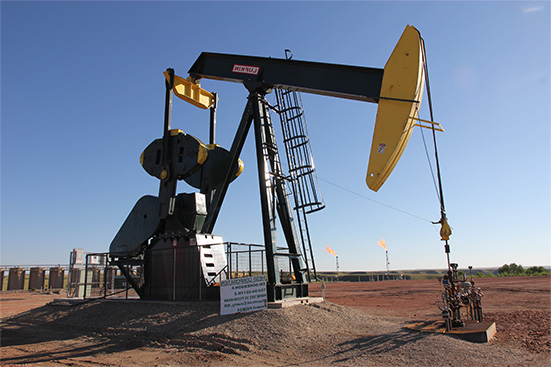
The global oil market is constantly evolving, with new trends and factors shaping its future. Here are the top ten factors influencing oil markets and mobility this year.
1. Energy Transition and Decarbonization
As the world pushes towards cleaner energy, the oil industry faces growing pressure to decarbonize. Countries and companies are investing heavily in renewable energy sources, which affects oil demand. For example, the rise of electric vehicles (EVs) is reducing the need for gasoline. Investors should monitor how companies adapt to these changes, as the aggressive push for EV mandates by policymakers, without fully considering the implications, risks harming both short-term and long-term consumer acceptance of EVs.
2. Geopolitical Tensions
Geopolitical events can significantly impact oil supply and prices. Political instability in major oil-producing regions, such as the Middle East, often leads to supply disruptions. For instance, sanctions on countries like Iran can reduce global oil supply, driving up prices. Keeping an eye on global news and understanding the political climate can help investors anticipate market shifts.
3. OPEC+ Decisions
The Organization of the Petroleum Exporting Countries (OPEC) and its allies, known as OPEC+, play an essential role in regulating oil production. Their decisions on production quotas can influence global oil prices. For example, if OPEC+ decides to cut production, it can lead to higher oil prices. Investors should follow OPEC+ meetings and announcements to gauge future market conditions.
Contact DW Energy
Want to learn more about oil & gas investing? Our expert team can provide you with more information or schedule a consultation to talk about diversifying your investment portfolio.

4. Technological Advancements
Advancements in technology are transforming the oil industry. Innovations such as hydraulic fracturing (fracking) and horizontal drilling have increased oil production in regions like the United States. Additionally, digital technologies and artificial intelligence are improving efficiency and reducing costs. Investors should look for companies that leverage technology to enhance their operations.
5. Supply Chain Challenges
Global supply chain disruptions can impact the oil market. Events like natural disasters, pandemics, or transportation bottlenecks can affect oil supply and distribution. For instance, the COVID-19 pandemic caused significant disruptions in the global supply chain, affecting oil production and delivery. Investors should consider the resilience of companies’ supply chains when making investment decisions.
6. Regulatory Changes
Governments worldwide are implementing policies to address climate change and environmental concerns. These regulations can impact the oil industry by imposing stricter emissions standards and encouraging the use of renewable energy. For example, the European Union’s Green Deal aims to make the continent climate-neutral by 2050. Investors should stay informed about regulatory changes and their potential effects on the market.
7. Market Demand Fluctuations
Global oil demand fluctuates based on economic conditions and consumer behavior. For instance, during economic downturns, oil demand typically decreases as industrial activity slows down. Conversely, economic growth can boost oil demand. Understanding these patterns can help investors predict market trends and make informed decisions.
8. Energy Security Concerns
Energy security remains a top priority for many countries, influencing their oil policies. Nations strive to ensure a stable and affordable energy supply, often leading to strategic reserves and diversified energy sources. For example, the United States maintains the Strategic Petroleum Reserve to safeguard against supply disruptions. Investors should consider how energy security strategies impact oil supply and prices.
9. Infrastructure Developments
Infrastructure projects, such as pipelines and refineries, play a vital role in the oil industry. New developments can enhance oil transportation and processing capabilities, influencing supply dynamics. For instance, the construction of new pipelines can increase the accessibility of oil reserves. Investors should monitor infrastructure projects to assess their potential impact on the market.
10. Market Speculation
Speculation by traders and investors can cause short-term price volatility in the oil market. Factors like market sentiment and economic indicators influence speculative activities. For example, if traders anticipate higher future oil prices, they may buy oil futures, driving up prices in the short term. Understanding market sentiment can help investors navigate price fluctuations.
The global oil market is shaped by many factors, from geopolitical tensions to technological advancements. By staying informed and understanding these drivers, investors can make informed decisions and capitalize on market opportunities. Stay informed about the latest developments in the oil industry and global oil and gas exploration trends by visiting DW Energy’s Insights page.
Contact dw energy
Sources:
- “Navigating the Road Ahead: Electric Vehicle Integration and Consumer Needs,” DW Energy Group
- “Iran’s Petroleum Exports to China and U.S. Sanctions,” Congressional Research Service
- “Hydraulic fracturing accounts for about half of current U.S. crude oil production,” U.S. Energy Information Administration
- “2050 long-term strategy,” European Commission
- “OPEC sticks to oil demand view, nudges up economic growth,” Reuters
- “How Does the U.S. Government Use the Strategic Petroleum Reserve?” Council on Foreign Relations
